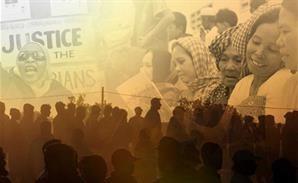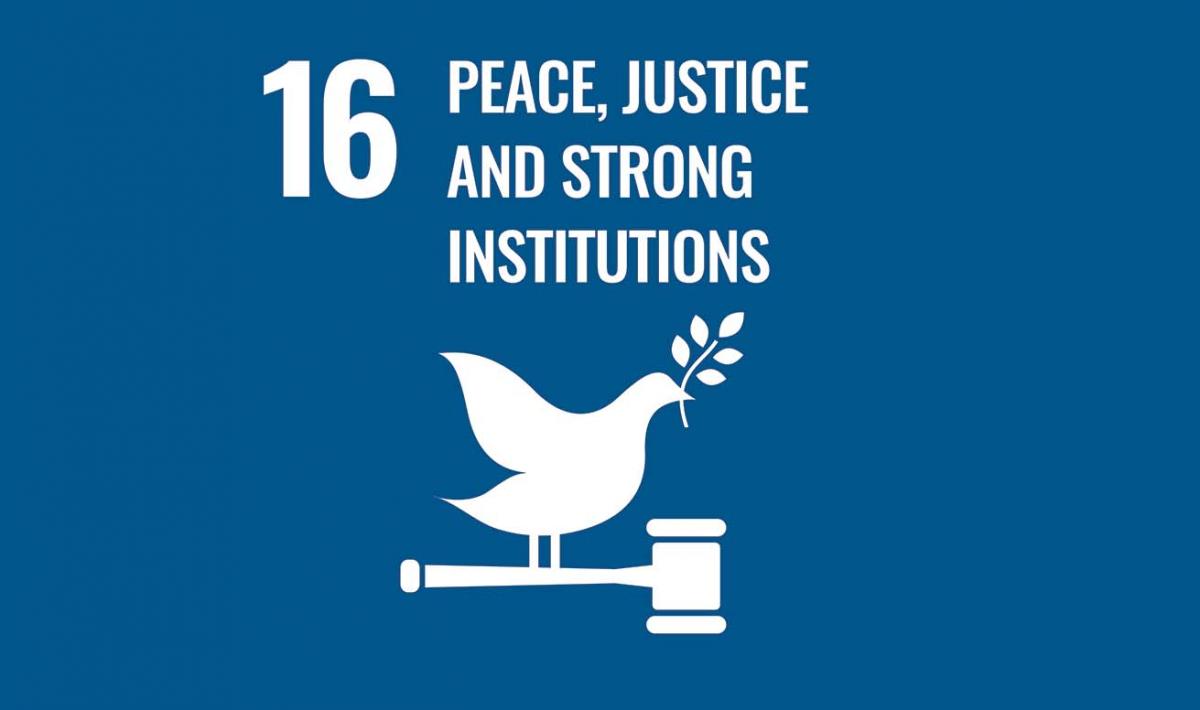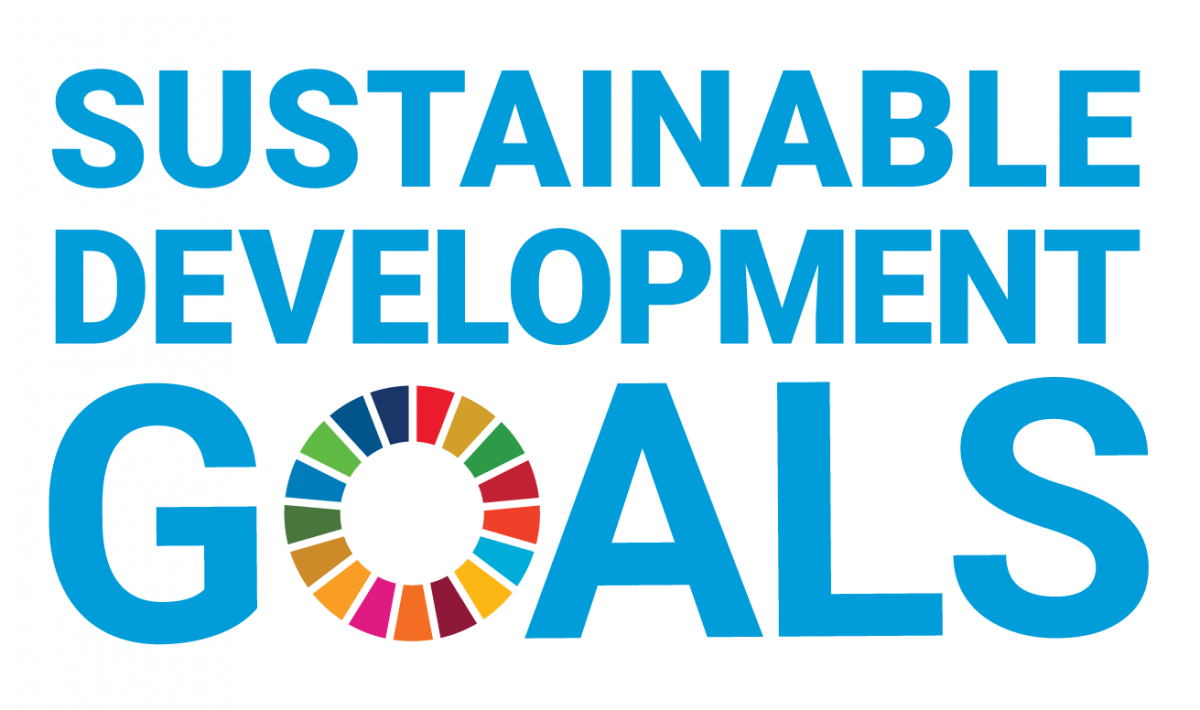Découvrez comment, au moyen du Statut de Rome et des travaux qu’elle entreprend, la CPI connaît de crimes atroces et contribue à en empêcher la commission, tout en favorisant l’accès à la justice et une paix durable.
Rejoignez nous pour soutenir l’objectif de développement durable 16 défini par l’ONU – ODD16 : Paix, justice et institutions efficaces – et bâtir un monde plus pacifique et plus juste.
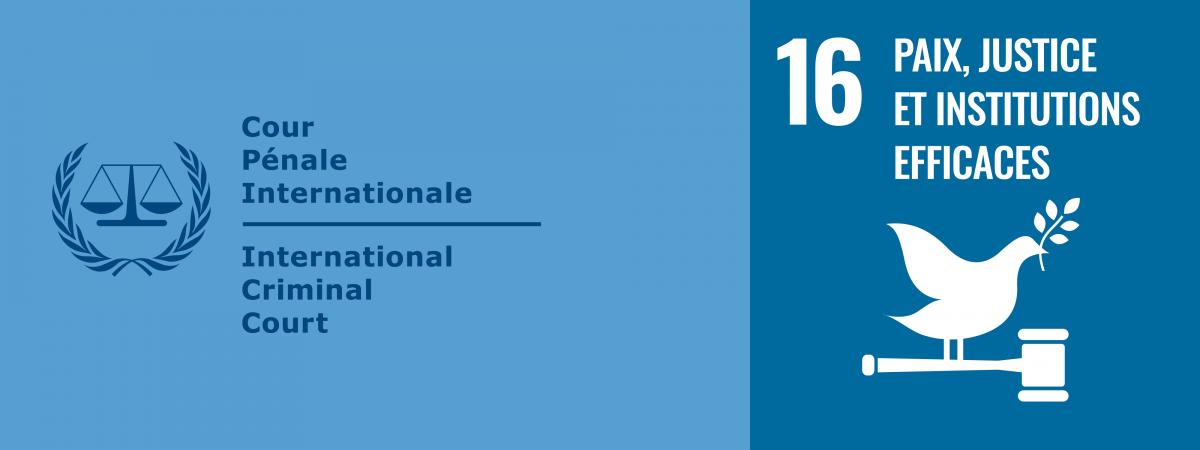
La CPI et l’ODD16
La CPI s’efforce de promouvoir un monde plus pacifique et plus juste en favorisant l’accès à la justice, en exigeant la fin de l’impunité pour les auteurs de crimes et en contribuant à dissuader ceux qui seraient tentés de commettre des crimes. Le chemin de la justice passe par la guérison et la réconciliation, qui ouvrent la voie à une paix durable. Nous appelons le monde à s’unir pour accomplir ces objectifs.
Le traité fondateur de la CPI, le Statut de Rome
Le Statut de Rome a créé la CPI et le Fonds au profit des victimes. Il a établi la première juridiction pénale internationale permanente au monde pour qu’elle puisse non seulement punir les auteurs des crimes commis, mais aussi s’efforcer de prévenir la commission de tels crimes. Le Statut énumère les crimes qui relèvent de la compétence de la CPI et définit le système procédural de la Cour, dans l’objectif d’amener les auteurs des crimes à répondre de leurs actes dans le cadre d’un procès équitable. Il permet aux victimes de faire entendre leur voix dans le prétoire et de demander réparation. Ce traité international a été adopté en 1998, a pris effet en 2002 et jouit du soutien de plus de 120 pays du monde entier.
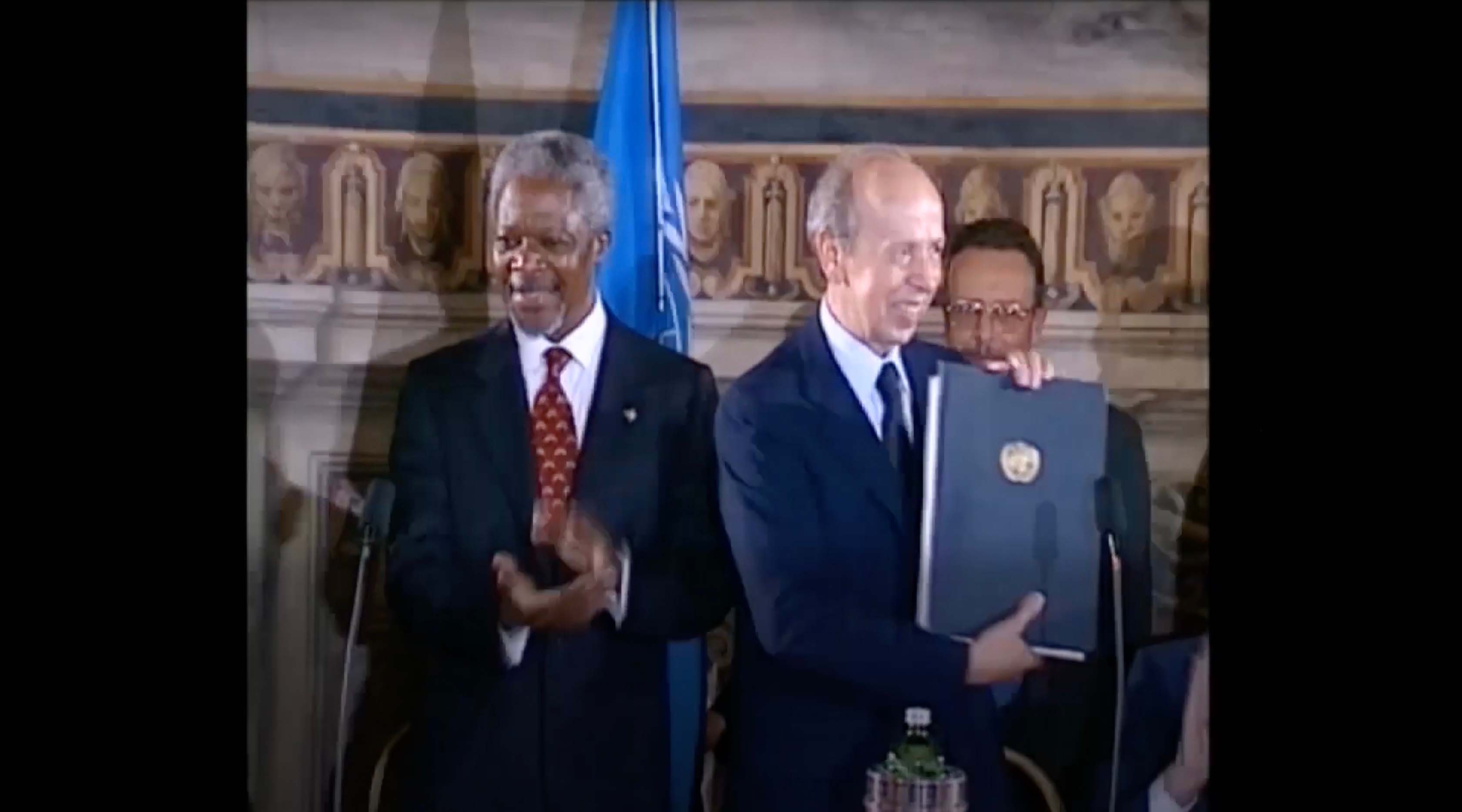
Les crimes que la Cour vise à prévenir
Les enquêtes et les affaires de la CPI peuvent porter sur des charges relevant de quatre grandes catégories de crimes :
Génocide
y compris par meurtre, par atteinte grave à l’intégrité physique ou mentale et par soumission intentionnelle à des conditions d’existence devant entraîner la destruction physique de chaque groupe visé
Crimes de guerre
y compris l’utilisation d’enfants soldats, le meurtre, le viol, l’esclavage sexuel, la mutilation, les traitements cruels, la torture, le pillage, le fait de diriger intentionnellement une attaque contre une population civile, les attaques contre des missions humanitaires, la déportation ou le transfert forcé de population
Crimes contre l’humanité
y compris le meurtre, la torture, le viol, l’esclavage sexuel, la réduction en esclavage, le transfert forcé de population, l’attaque contre une population civile, la persécution et d’autres actes inhumains
Agression
le recours à la force armée par un État contre la souveraineté, l’intégrité ou l’indépendance d’un autre État.

